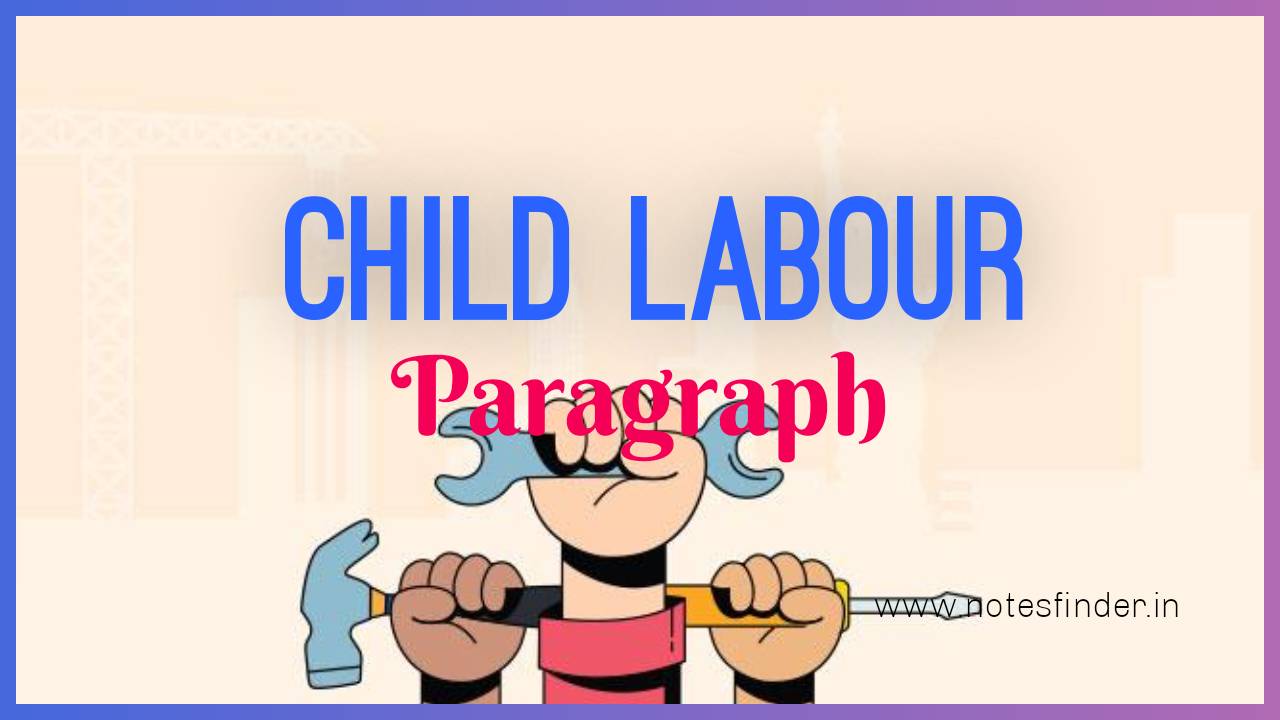Kazi Nazrul Islam was one of the greatest poets of Bengal. He was born at Churulia in the district of Burdwan in 1899 in a very poor family. His father’s name was Kazi Fakir Ahmed and his mother was Jaheda Khatun. He had to give up his studies at an early age and struggled throughout his life.
His works encompass themes ranging from love, freedom and humanity to religion and politics. Nazrul’s poems and songs are notable for their use of powerful imagery and strong emotions. He had a great devotion for the motherland. It was his works that inspired the Indian independence movement and the Bengali language and cultural renaissance. The poet is popularly known as ‘Bidrohi Kobi’. Some of his most famous works include “Bidrohi” (The Rebel), “Bhangar Gaan” (The Song of Destruction) and “Dhumketu” (The Comet) etc.
This great poet suffered from a progressive neurological disease and fell into a coma in the late 1970s, from which he never fully recovered. He passed away in 1976, but his legacy continues to inspire and influence people across Bangladesh and the Bengali-speaking world.
Read More👇
- Our School /Your School
- Durga Puja / Durga Puja Festival
- Importantance of Discipline in Student Life
- Health is Wealth
- Autobiography of A Bicycle
- Science in Our Daily Lives
- Festivals of Bengal /Festivals in Bengal
- Unity in Diversity in India
- Summer Season
- Monsoon/ Rainy Season
- Winter Season
- Spring Season
- A Book I Have Recently Read
- National Flag of India
- Prize Giving Ceremony of Your School
- My Hobby /Your Hobby
- My Favourite Game /Your Favourite Game
- Importance of Reading Newspaper
- Save Drive, Save Life
- Holi- The Festival of Colours
- Your Village /My Village
- A Book Fair
- A Village Fair
- School Magazine
- Drought
- Green Revolution in India
- Tree Plantation
- Flood



